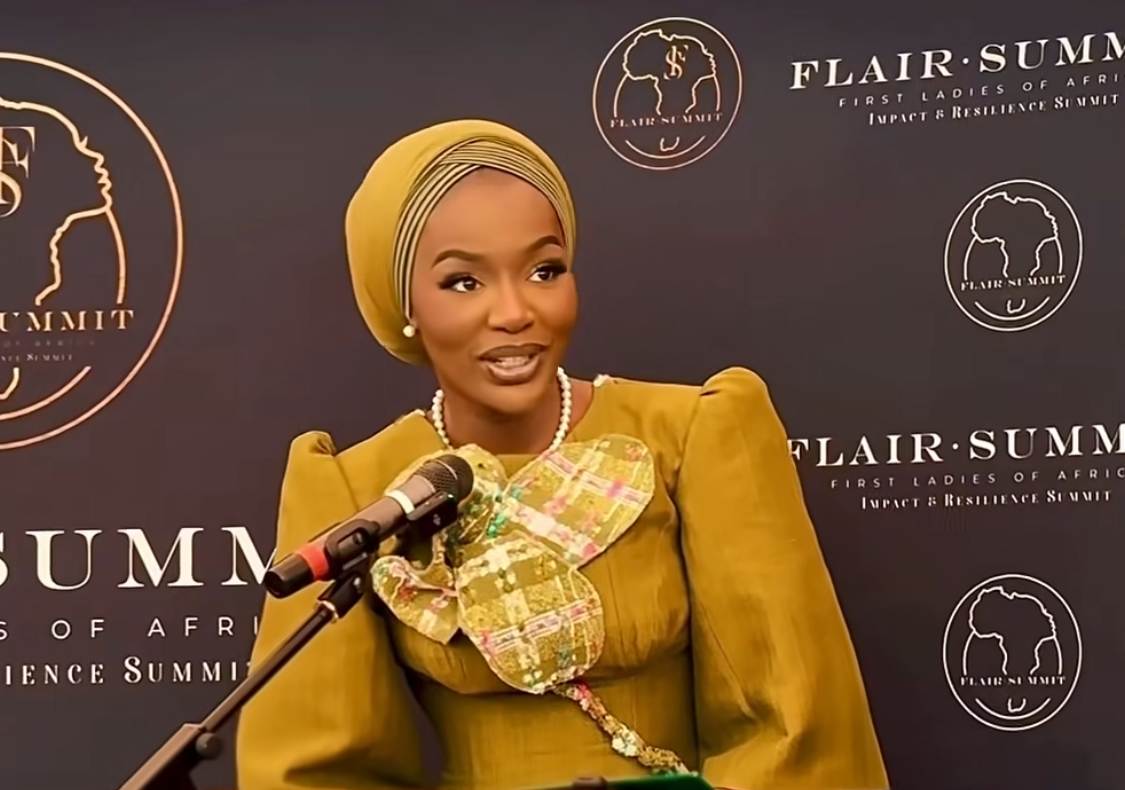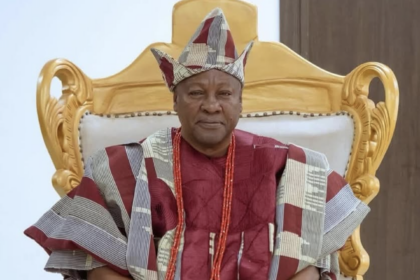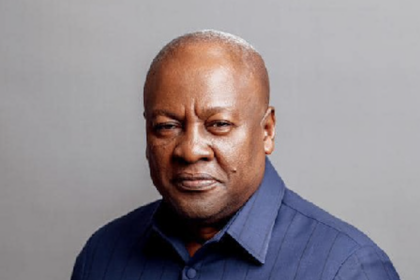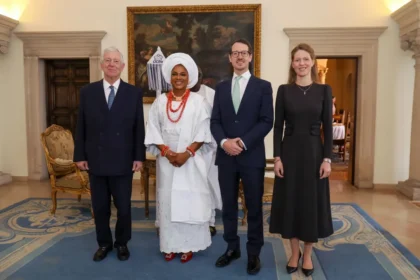In the grand halls of the House of Lords, under the historic roof of the British Parliament, Olori Atuwatse III of Warri Kingdom delivered a soul-stirring reflection on the true force of women’s unity and purpose at the FLAIR Summit in London.
The event, gathering powerhouse leaders, thinkers, and visionaries, unfolded not as a ceremonial talk shop but as a structural declaration of women’s rising agency across borders. With quiet eloquence and resolute clarity, Olori Atuwatse III described the day as witnessing “the quiet force of true allyship—women from across borders and disciplines coming together, not in competition, but in collective commitment to reimagine the systems that shape our world.”
A standout moment was the convergence of nine First Ladies from Nigeria, exemplifying the renewed vigour and influence of women in public leadership. Among them, Olori singled out Her Excellency Ambassador Professor (Mrs) Olufolake Abdulrazaq, First Lady of Kwara State, praising her for blending diplomatic depth with grassroots community service — a rare balance in modern governance.
The room pulsed with stories of bold trailblazers. Isha Johansen, the first female President of the Sierra Leone Football Association and a former CAF Executive Committee Member, reminded all present that the pitch of sports is fertile ground for rewriting gender boundaries.
Dr. Nero Ughwujabo, former Special Adviser to the UK Prime Minister, highlighted how policy rooted in inclusion fuels social justice, his current work with The Prince’s Trust remains a testament.
And stalwarts like Baroness Verma of Leicester and Dr. Yvonne Thompson CBE stood as living proof that when women anchor governance and legacy with intentionality, transformation stops being a hope and becomes a system.
Olori’s closing words thundered quietly but surely. “These are not moments of symbolic visibility. They are movements of consequence. Because when women come together with intention, the world does not simply observe. It begins to shift.”
Her message is clear, the age of performative seats at the table is over. The age of structural, consequence-driven women’s leadership has dawned, and Nigeria’s daughters are leading from the front.











